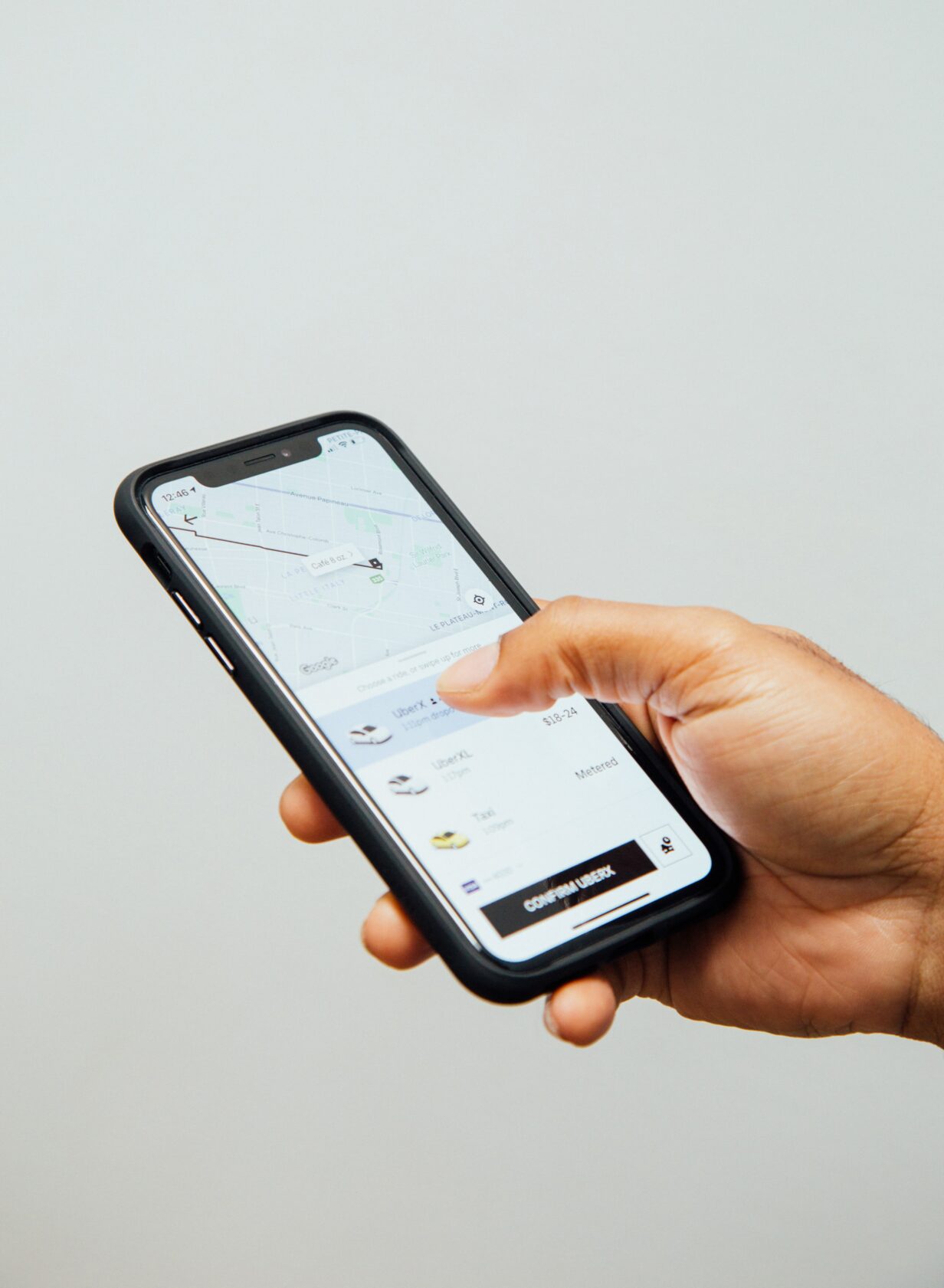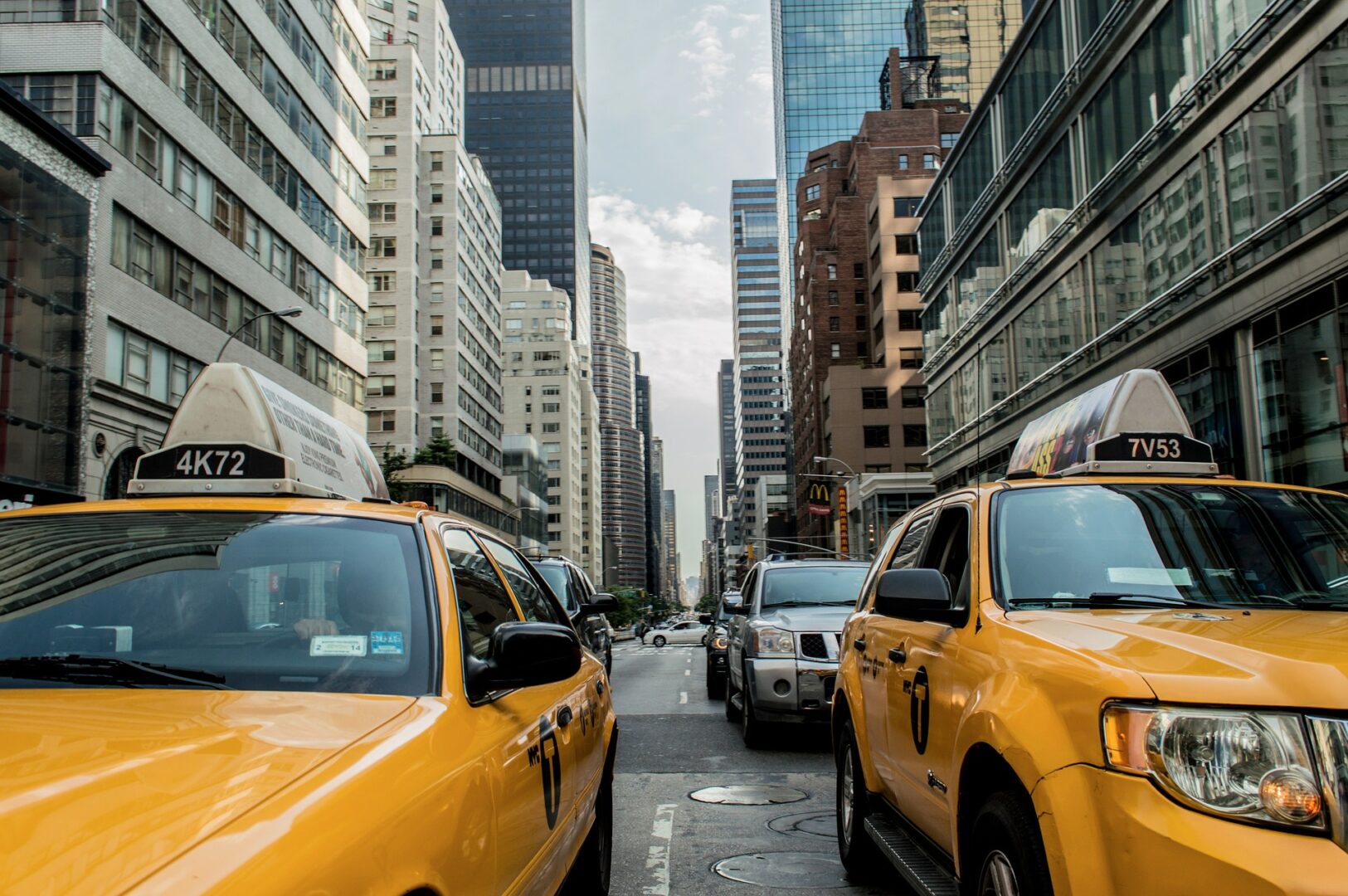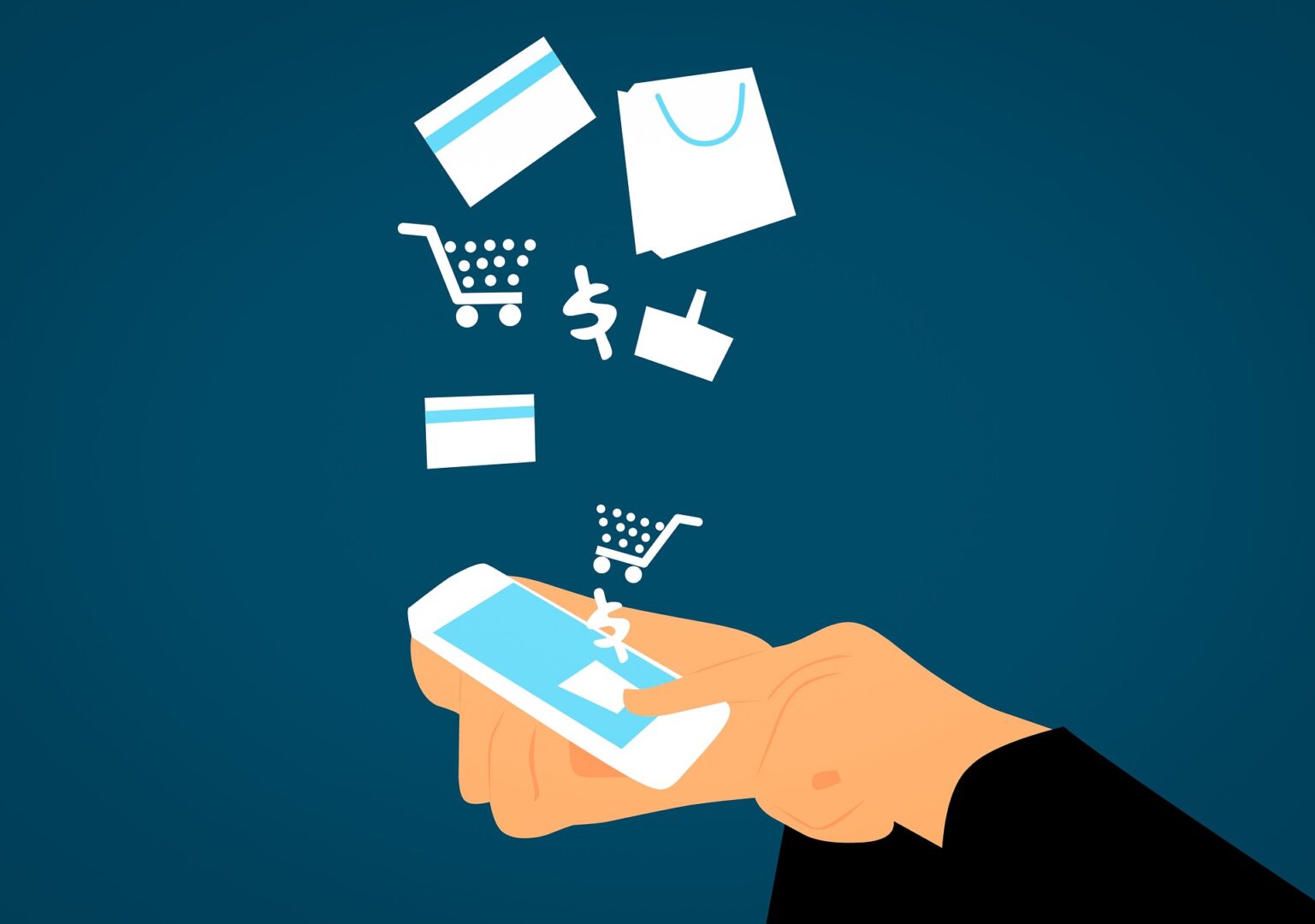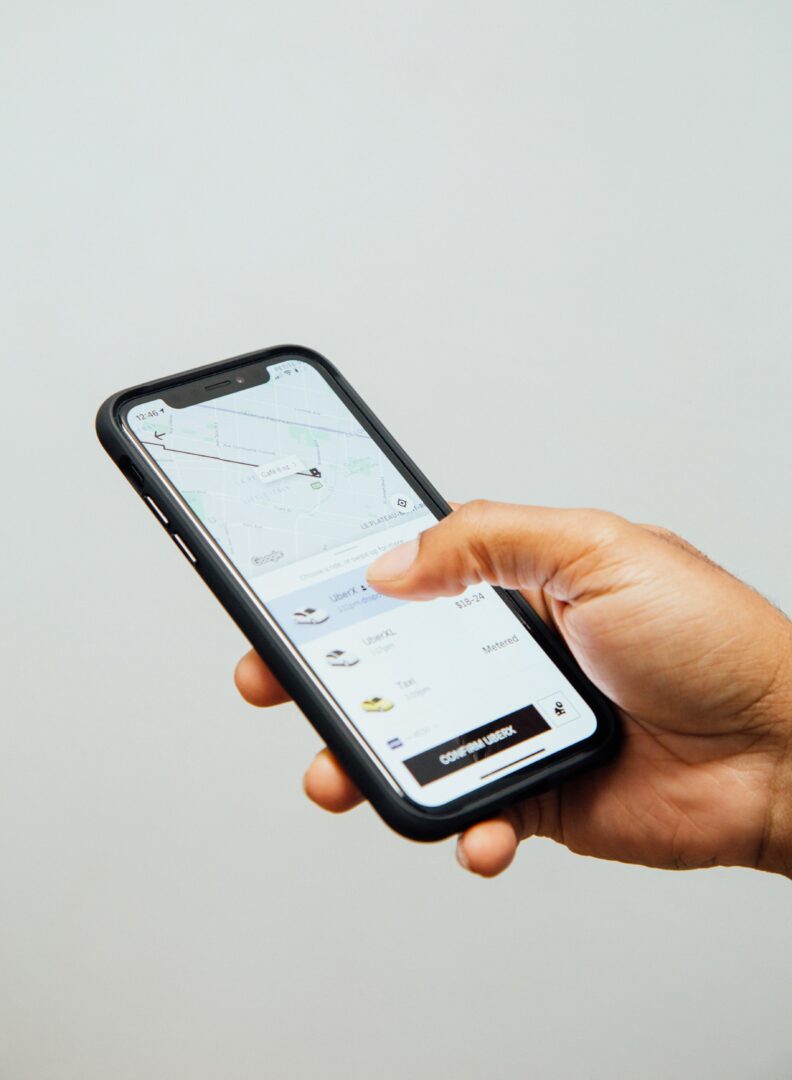
Uber, Lyft & AirBnb – the Access Economy of the Future
Everything you want – just one click away
The promise of Web 2.0 circa 2004-2007, characterized by a major structural shift from top-down content generation, to bottom-up content creation and dissemination across new platforms, gave rise to a new way of thinking about the creation and delivery method of valuable information and access. With social sites like MySpace and Facebook, we were given new platforms to contribute to the world and express our inner emotions, thoughts, and push our own agendas to promote our businesses and interests. As the years marched on, technology exploded at a rapid clip to further support the growth of social. As hallmarked by the proliferation of smart phone devices, tablets and 4G connected networks, society yearned for a massive influx of new creative, clever apps to hold our attention, help us search and consume more efficiently, build deeper relationships, promote our brands and events, and entertain ourselves while waiting in line or in the back of a taxi (think Angry Birds, Farmville, Words with Friends).
But while we were given a new way to share and be recognized, inefficiencies in connecting consumers to physical experiences remained full of friction points. From industries that we never looked twice at like consumer transportation, to well established industries like hotel accommodations run by global conglomerate chains, only a select few entrepreneurs began looking at ways to simplify the booking process to gain access to these experiences and deliver that value with the click of a button.
 In 2009, a new app called UberCab came on the scene (later changed to Uber), which promised to deliver a private driver in a black car anywhere in San Francisco at the click of a button. Imagine getting out of a bar on the busy Marina District streets at 1am, to try to call a taxi and clearly explain where you are — good luck. Or, if you are a woman after a nice dinner with friends, and instead of riding the bus back to your apartment on the other side of the city at 9pm, you prefer the safety and convenience of a private car without the hassle of public transportation. UberCab was a beacon of light for ride hailers when the situation required immediacy, privacy, and professionalism. Initially appealing to a higher disposable income crowd, the app eventually realized it needed to democratize the platform to allow more than private black cars to service the higher-end of the market, and so they began allowing screened drivers to join the service and be booked for on-demand rides.
In 2009, a new app called UberCab came on the scene (later changed to Uber), which promised to deliver a private driver in a black car anywhere in San Francisco at the click of a button. Imagine getting out of a bar on the busy Marina District streets at 1am, to try to call a taxi and clearly explain where you are — good luck. Or, if you are a woman after a nice dinner with friends, and instead of riding the bus back to your apartment on the other side of the city at 9pm, you prefer the safety and convenience of a private car without the hassle of public transportation. UberCab was a beacon of light for ride hailers when the situation required immediacy, privacy, and professionalism. Initially appealing to a higher disposable income crowd, the app eventually realized it needed to democratize the platform to allow more than private black cars to service the higher-end of the market, and so they began allowing screened drivers to join the service and be booked for on-demand rides.
Over the coming years, in 2012, a rival named Lyft emerged in the face of Uber, and began what would be both a massive global land-grab, and a vicious price war to win the bulk of ride-hailers worldwide.
More importantly than disrupting an industry (Taxi Cabs), Uber and Lyft gave birth to two powerful movements:
- The Sharing Economy
- On-Demand Income
On the business side, virtually every other investor pitch in Silicon Valley between 2010-2015 revolved around new startups claiming to be the next Uber of X or Uber of Y. From the next Uber of dog walking apps, to the next Uber of airplanes, to the next Uber of food, startups raced towards all industries to claim their real estate and apply the same Uberesque technology (web-based app + on-demand business model + de-centralized workforce). As the market became oversaturated with one Uber of XYZ after another, investors eventually wised up to the underlying economics that would be required to produce the next Unicorn (billion dollar valued company). Venture Capitalists realized, that one of the main challenges for all Ubers of XYZ was not if it could be built, but how could one create a platform with a balanced supply of both suppliers and consumers (supply/demand) in a cost-effective (scalable) fashion.
 The Sharing Economy matured even further beyond simply connecting ride seekers (demand) with drivers (supply), to break through a cultural and psychological norm of actually sharing the same ride with strangers via UberPool. This line extension matched two or three riders with the same overall intended destination with the same driver, all for a reduced fee. The tradeoff? You’d have to sit there while the driver dropped off every passenger on the booked route. The upside? Marginal savings that actually added up for routine commuters. While on its face value, this may appear to be a simple copy of public transportation where all passengers are willing to sit next to complete strangers while en-route to a shared destination, the truth is, is that these models broke down the walls that were put up between people — a major psychological breakthrough, and a key underpinning of society’s willingness to accept a concession of sharing something with a stranger, in exchange for better savings in their pockets.
The Sharing Economy matured even further beyond simply connecting ride seekers (demand) with drivers (supply), to break through a cultural and psychological norm of actually sharing the same ride with strangers via UberPool. This line extension matched two or three riders with the same overall intended destination with the same driver, all for a reduced fee. The tradeoff? You’d have to sit there while the driver dropped off every passenger on the booked route. The upside? Marginal savings that actually added up for routine commuters. While on its face value, this may appear to be a simple copy of public transportation where all passengers are willing to sit next to complete strangers while en-route to a shared destination, the truth is, is that these models broke down the walls that were put up between people — a major psychological breakthrough, and a key underpinning of society’s willingness to accept a concession of sharing something with a stranger, in exchange for better savings in their pockets.
Dubbed the Sharing Economy, we can thank companies like Uber, Lyft and AirBnb for radically helping to shift our perspectives of what a transaction should look like, how we can both receive value from a vendor but also share in the distribution of that value with others at the same time for a combined overall benefit for us all, and how we can get “access” to the destinations and experiences that we all seek, but might not be able to or want to buy outright (a new car to take us to our destination, an expensive hotel to enable us to enjoy a city, etc).
From a 30,000 ft view perspective, what we are seeing are more than companies with massive multi-billion dollar valuations and global market disrupting power go public this year in some of the largest IPOs in history. We are seeing one of the world’s largest shifts in consumer psychology of the last two decades.
As consumers shift away from the notion that they need to outright own something in order to gain value from it, and as businesses discover the power that they don’t need to own the underlying assets in order to charge for them (but rather build the platform and allow supply and demand across a vertical to happen organically) we have entered a new era in economics — The Access Economy.
According to this Independent UK article, “the world’s largest taxi firm, Uber, owns no cars. The world’s most popular media company, Facebook, creates no content. The world’s most valuable retailer, Alibaba, carries no stock. And the world’s largest accommodation provider, Airbnb, owns no property. Something big is going on.”
 The Access Economy:
The Access Economy:
According to this Bloomberg article, Millennials (born 1980-1994) are about to be surpassed by Generation Z (born 1995-2012). “Gen Z will comprise 32 percent of the global population of 7.7 billion in 2019, nudging ahead of millennials, who will account for a 31.5 percent share, based on Bloomberg analysis of United Nations data, and using 2000/2001 as the generational split.”
Gen Z is the first ever generation that was born “online”, with access to high speed Internet, mobile phones, apps, and global wifi everywhere they go. What happens when you’ve got a mini computer attached to you everywhere you go? You become so reliant on it as your second brain, that you know of no other way to get around, consume goods, and gain access to experiences, people and pleasures. Couple this technological necessity with an overpriced housing market (West and East Coast), a surging cost of living requirement, and a push for specialized skills to gain upward corporate mobility and higher wages, and you’ve got the perfect consumer market for the Access Economy. Add on a layer of massive student loan debt, to the tune of $1.5 Trillion according to this Forbes article, which represents an average financial burden of nearly $30,000, and no wonder most Millennials and Gen Zers are choosing access over ownership.
The American Dream — to own your own house, own your own car, and have a safe job for thirty years until retirement — have become unachievable for most Millennials and Gen Zers. So instead, they are turning to on-demand income opportunities to satisfy mounting debt obligations, and provide supplemental income as a cushiony side-hustle to add to their standard corporate paychecks. And, they are choosing the Access Economy over the Ownership Economy to provide them with access to life’s opportunities and experiences. Plus, access to “new” without the financial burden of owning, provides us Millennials and Gen Zers with more sharable moments on Instagram, Facebook, Snap, and Twitter that further reinforces that having more access to more places, experiences, restaurants, concerts, products, and people means more likes, and more likes means more social currency — a new metric for determining societal rank.
Will car and home ownership become a thing of the past? Will the thirty year corporate career become a bedtime tale that only our grandparents and parents recite to our kids about the good ‘ol days? Is having access better than actually having the responsibility and financial liability of owning? These are the questions that we must face as we look ahead at the next generation of business models and radical new solutions needed to satisfy changing consumer needs in the Access Economy.


Recent Comments